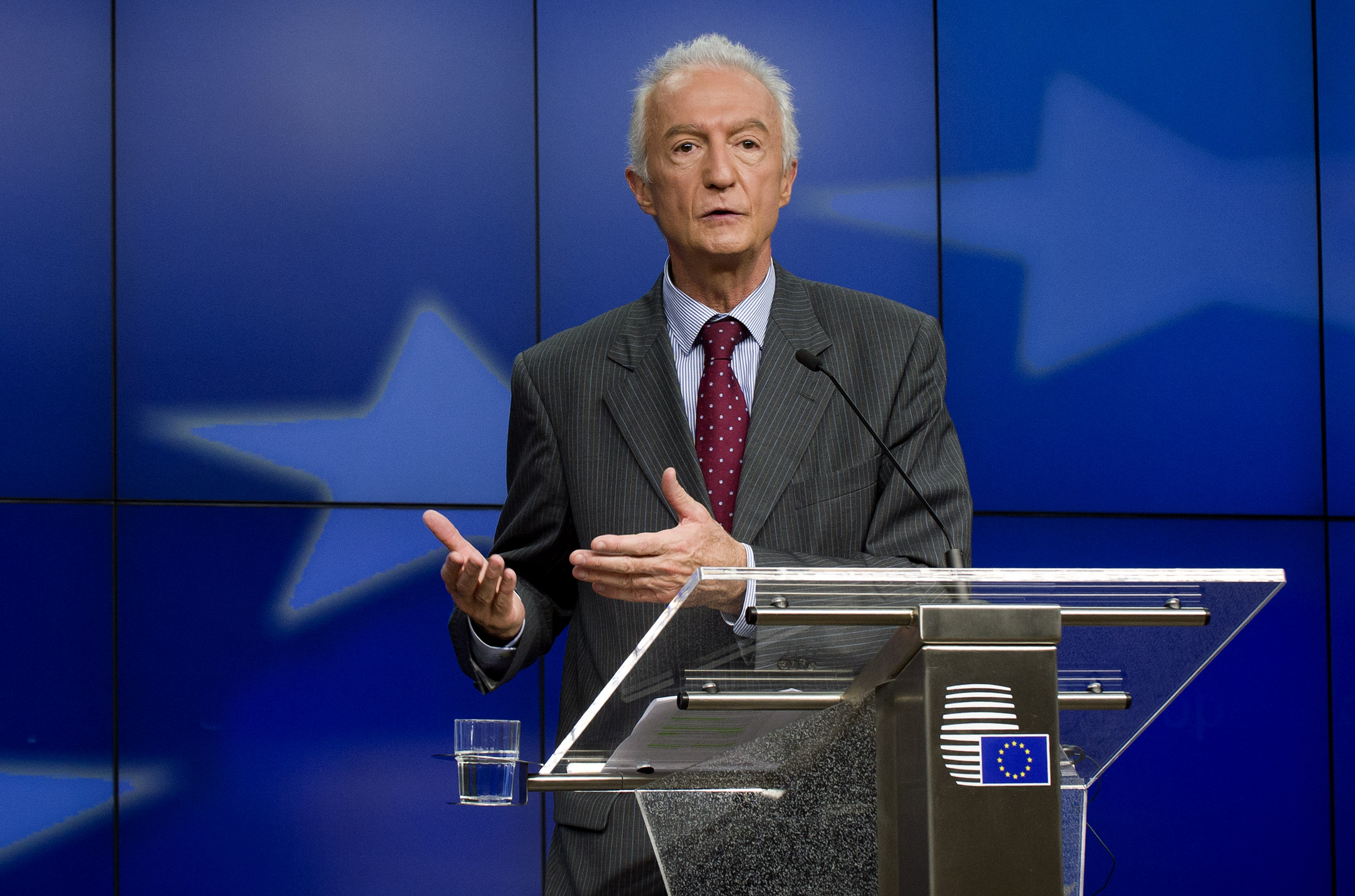LOC21:00
18:00 GMT
 The EU Counter-Terrorism Coordinator Gilles de Kerchove
The EU Counter-Terrorism Coordinator Gilles de Kerchove
BRUSSELS, May 24 (KUNA) -- The EU Counter-Terrorism Coordinator Gilles de Kerchove said Tuesday that the EU is stepping up its anti-terrorism cooperation with the Arab world and praised the anti-radicalisation programmes in Gulf Cooperation Council (GCC) countries like Saudi Arabia, Kuwait, Qatar and UAE.
More and more countries in the Middle East and North Africa want to engage with the EU in counter-terrorism and deradicalisation programmes, he told a joint meeting of the Committee on Foreign Affairs and the Committee on Development of the European Parliament here.
"By summer we should have meaningful package with Tunisia, Jordan and Lebanon," he said.
He added that that the next wave of counter-terrorism partnership will be with Morocco, Algeria and Egypt.
"We have started, we had meetings but we are not that advanced. One day Libya will of course be on top of the list as soon as the national unity government falls on us to building capacity in the field of counterterrorism," said the EU's top anti-terror official.
During the debate , the chair of the EP' Delegation for relations with the Arab Peninsula, Michأ¨le ALLIOT-MARIE asked that some of the Gulf countries were the first to create centres for deradicalisation, like the Emirates, Saudi Arabia, Kuwait and Qatar.
"Do you envisage exchanges with them because of their track record in deradicalisation as they could help with their records offer given their place in the region and the religion?" asked the French MEP Alliot-Marie who visited Kuwait and Oman last week.
De Kerchove replied: "We have much to learn," and noted that he has visited the Saudi deradiclaisaiton centre in Riyadh.
"They have an impressive success rate. We can draw inspiration from their experiences. We want to and do cooperate with Saudi Arabia on many fronts. However, Europe has to define its own model," he added.
"Let us explore with our partner countries in the Arab world how together we can connect our thoughts in the fight against this perversion of Islam and Daesh," he said.
He noted that the EU is supporting a 23 million euro programme to prevent radicalisation and extremism in Tunisia, a 3.5 million programme in Iraq to redesign the architecture for its intelligence services, and in Jordan an extremism preventive programme worth 10 million euro.
De Kerchove said rehabilitation programmes for foreign fighters applies to Europe but it applies to Tunisia, Morocco, Algeria and all those countries which have a high number of foreign terrorist fighters, "because they will have to digest the return of hundreds and when it comes to Tunisia is in the thousands."
He said it is not desirable to put those foreign fighters on trial but it is better to put some of them in rehabilitation programmes.
He said the number of foreign fighters going to Syria or Iraq has been reduced over the recent weeks and months thanks to the measures taken by the EU and the Member States.
"We have seen a significant decrease," he added. (end)
nk.gb